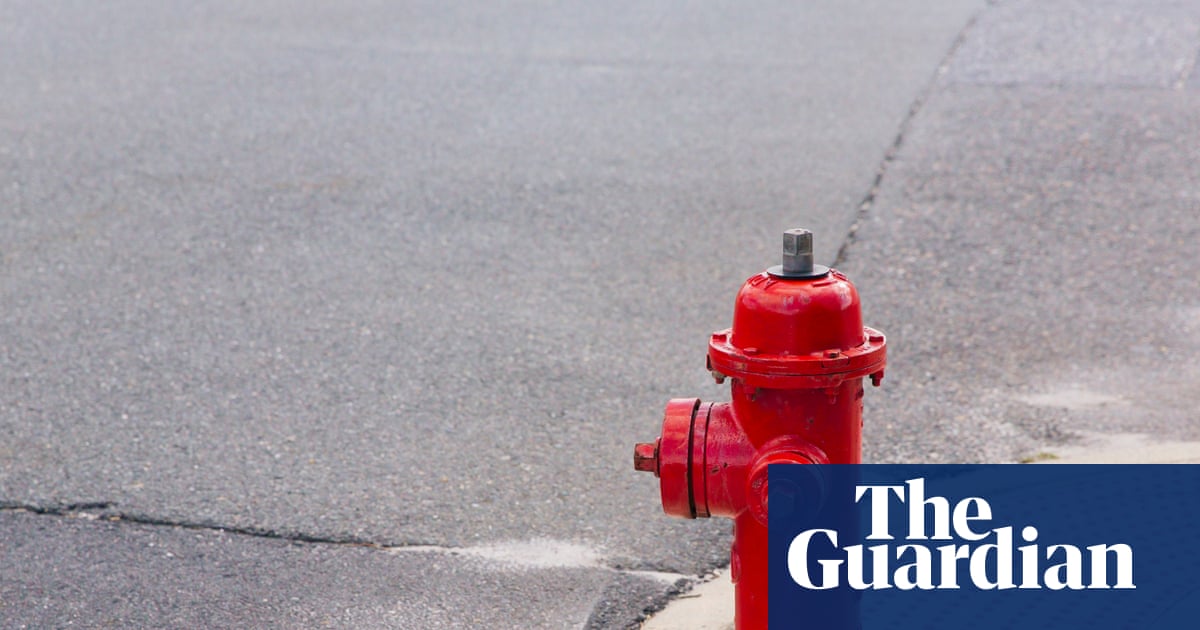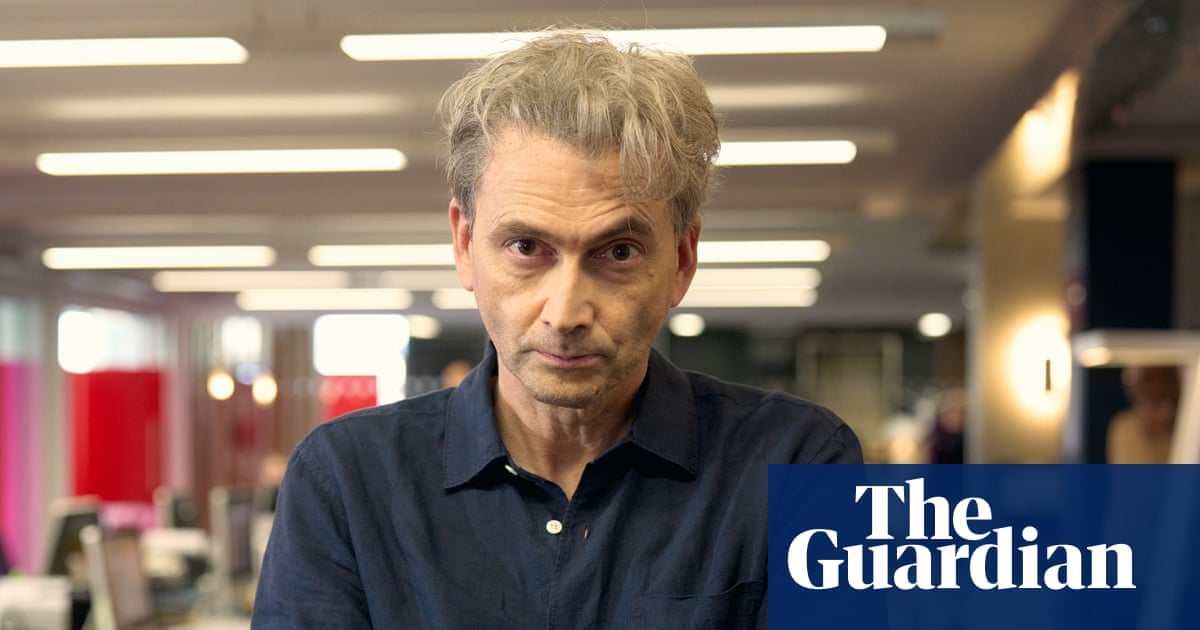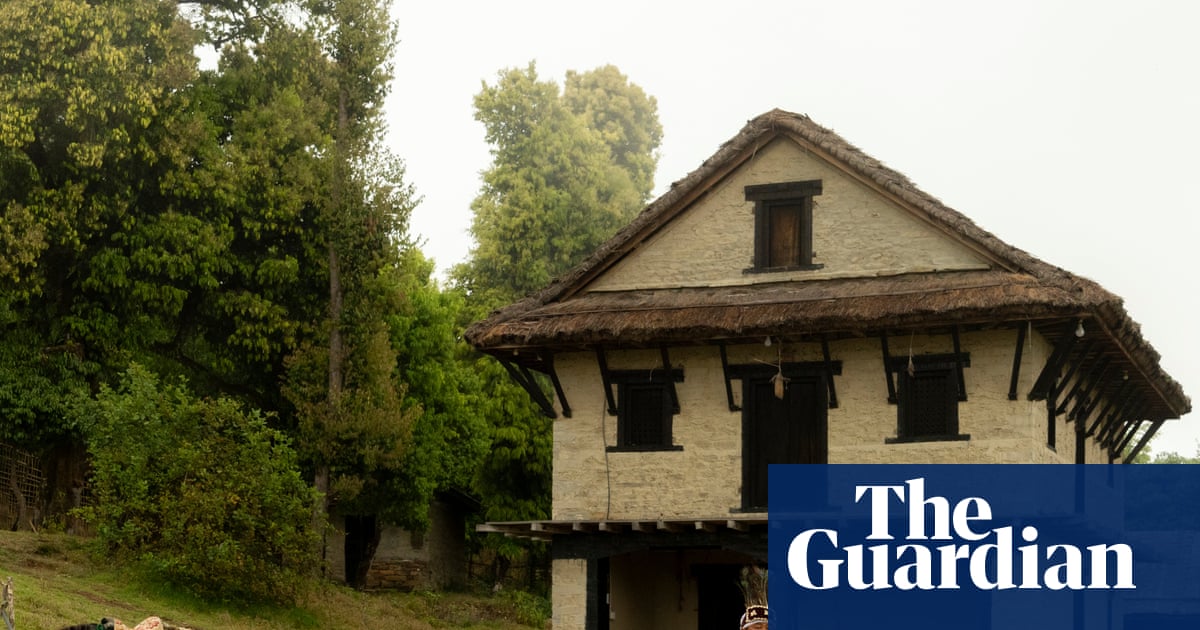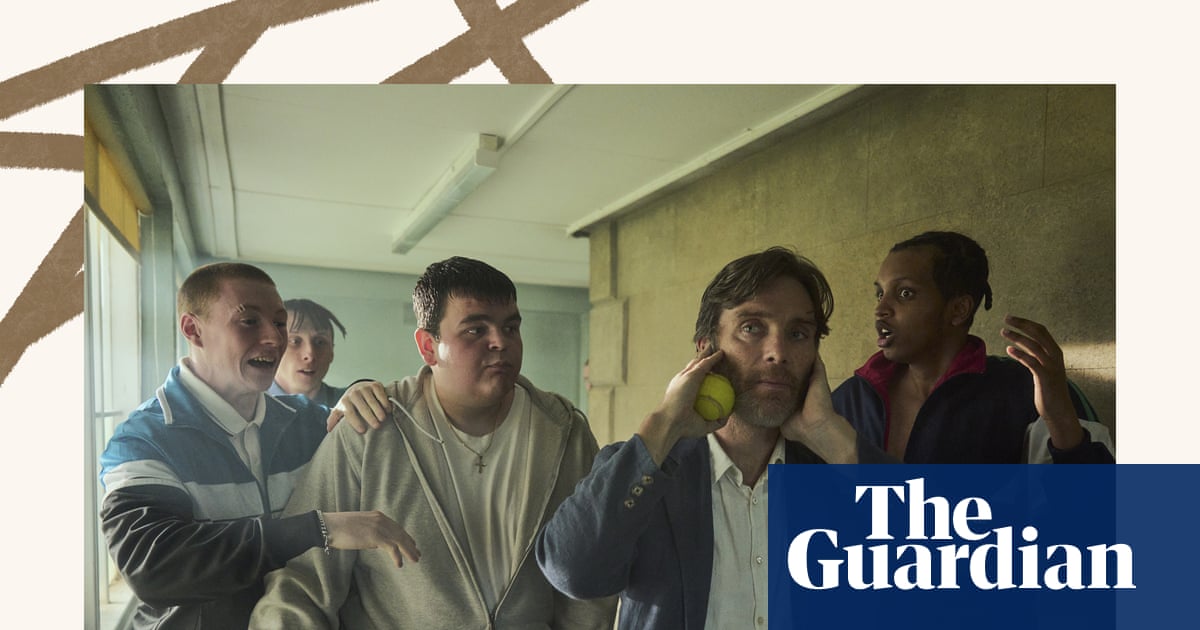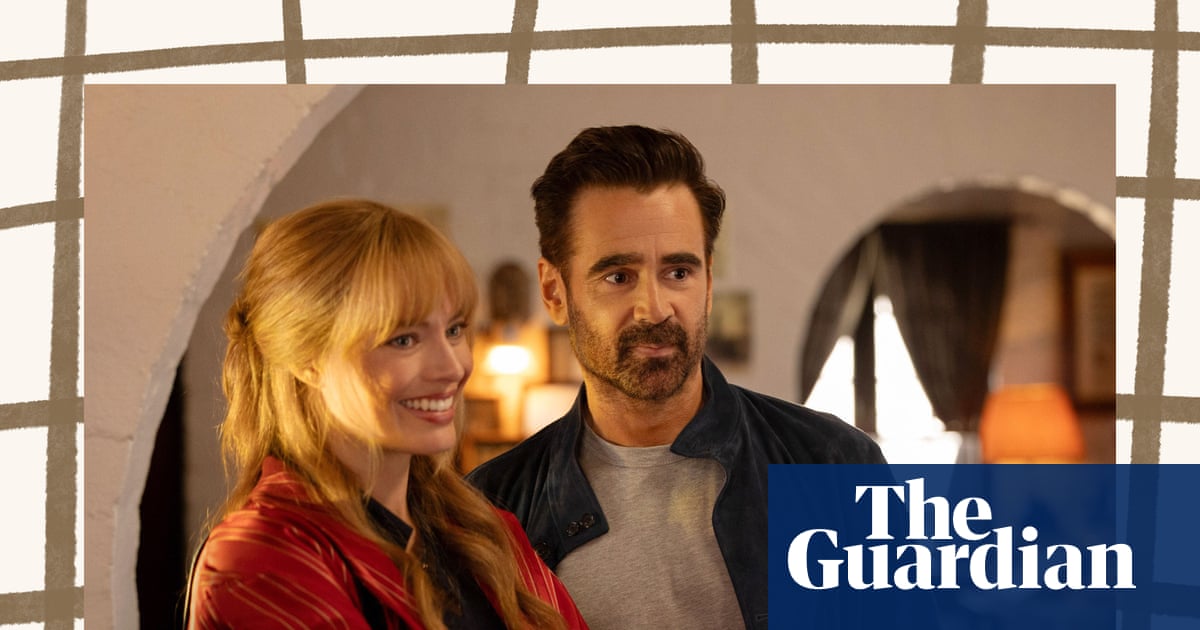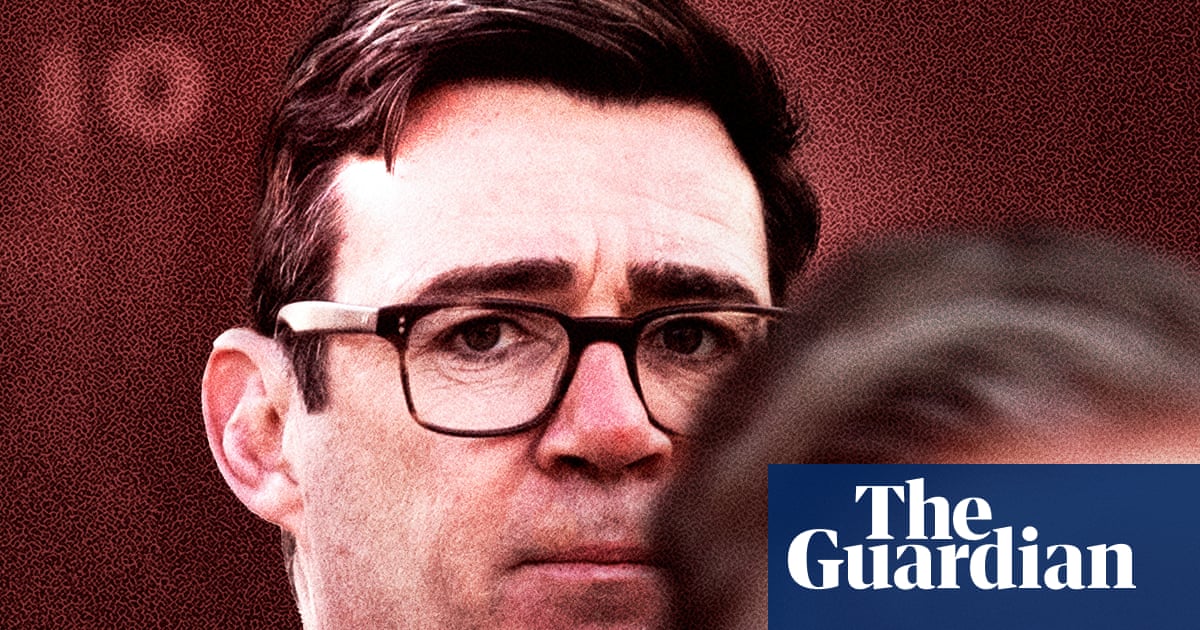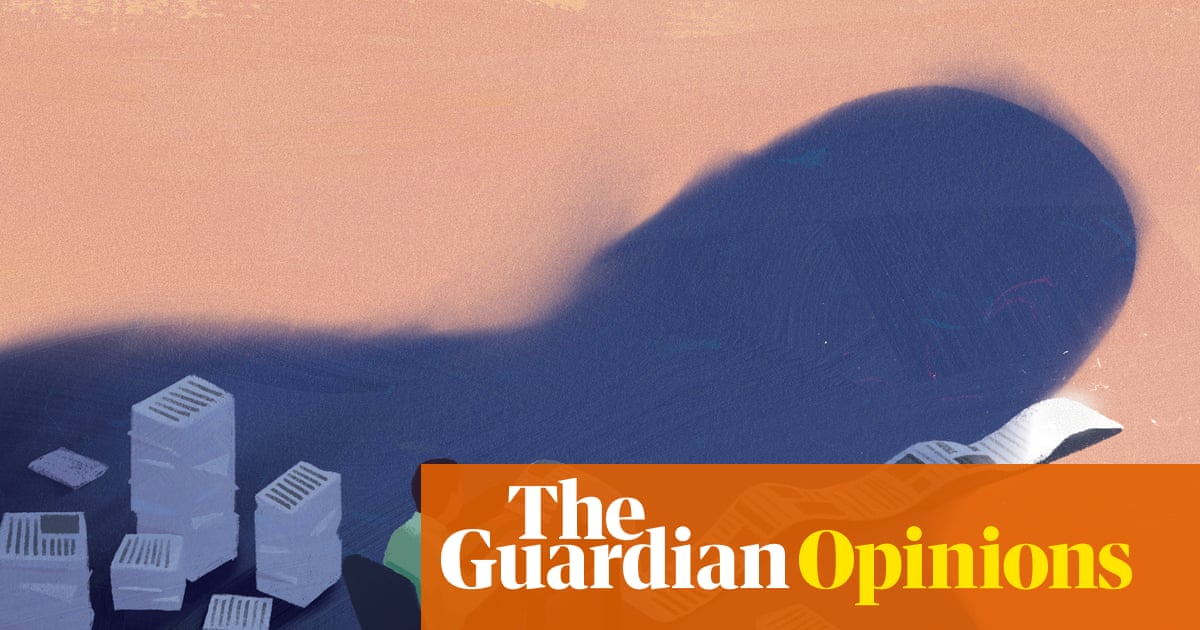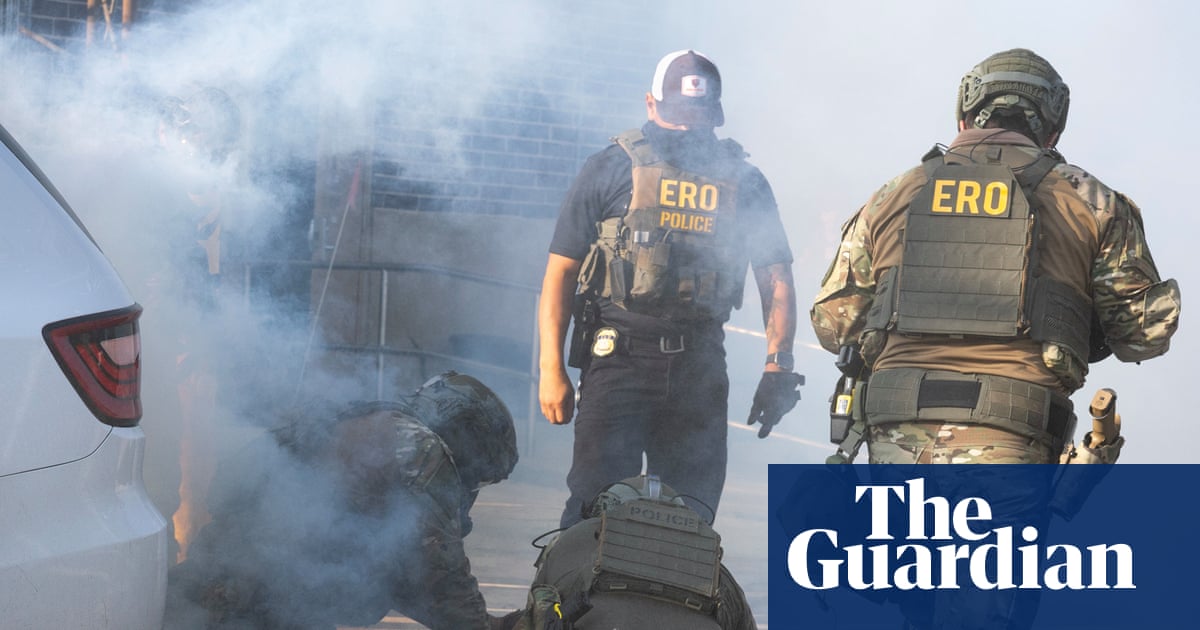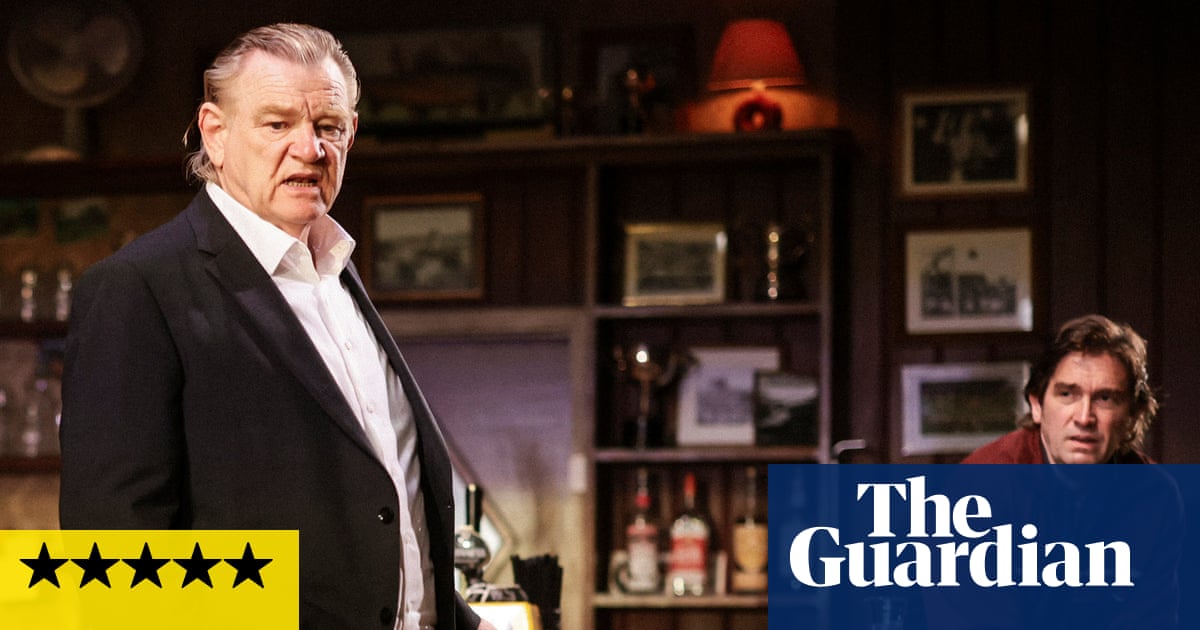Sebastian
Sebastian is about an aspiring writer, Max, who lives a double life as a sex worker. It’s gritty and somewhat shocking, insofar as it’s not a highly discussed topic in film, yet it is also very tender. I watched it on a rainy Saturday afternoon without knowing anything about it. I was immediately hooked by how normal Max’s life was and intrigued by his decision to set up an online escort profile under the name of his alter ego, Sebastian, for the purpose of his novel, in which he details his varied sexual experiences. The film addresses issues such as shame, authenticity in fiction and consent with a refreshing lack of judgment on the topic of sex work. Ruaridh Mollica is fantastic as Max/Sebastian and I can’t wait to see him in more films. Ann-Marie, Glasgow
Blue Road: The Edna O’Brien Story
Blue Road is an engrossing and hugely enjoyable documentary of Edna O’Brien’s enigmatic life of dizzying highs and haunting lows. Beautifully edited, it ultimately depicts how emotionally vulnerable we all are, regardless of any public persona. It’s a wonderful, inspirational documentary for any would-be writer or artist who wishes to stay true to their vision and who craves a life less ordinary. O’Brien rattled all the right cages all the time. At the height of her fame, she returns to County Clare and listens to her father sing Danny Boy. She stares at him with a stoical yet fearful expression – a powerfully resonant image. Edna, 93, watches it and loves that song. It reminded me of the Smiths song Back to the Old House. And, funnily enough, I noticed her image this week in a review of a Morrissey concert. He is using Edna as a backdrop on stage. What a woman she was. Ron, London
Parthenope
Parthenope by Paolo Sorrentino is the best film I’ve seen this year. I’m surprised it’s been quite poorly received by critics and audiences. The problem seems to be Parthenope, the aloof, distant woman at the centre of the story. She is playful, innocuously flirtatious and happily uninterested in forging any deep connection with the many male admirers she’s surrounded by, her only real interest being in the writer John Cheever – whose homosexuality and ennui pose no threat to her – and, ironically, he gracefully declines her offer of company one night, not wanting to “steal a second of [her] youth”.
We find that people are strange, mostly unknowable, and we are, one way or another, destined to fail any attempt to close (or even narrow) the gap between us and the rest of the world. The film is exceptionally beautiful to look at. Yes, it is long and meandering, and not a lot happens, but the overall feeling is that you’ve experienced what life is often like: a curious sense of removal from all the living going on around you; not feeling fully a part of it. Stephen, Dublin
Holy Cow

Holy Cow gets my vote. It’s an uplifting, funny ensemble piece from mostly untrained actors set in the bucolic Jura region of France. It perfectly captures the inertia of youth in a rural community where Totone, the local teenage delinquent, strives to make the perfect comté cheese to win prize money to prop up his ailing farm and family. Local rituals and rivalries vividly portray farming communities without sugarcoating the harsh reality of working the land day in day out. You end up rooting for Totone and his merry gang. Kate Franklin, Hove
Bring Her Back
Bring Her Back is my film of the year so far because it perfectly executes all of its genre conventions yet steps outside every single one simultaneously. It also has a central role from Sally Hawkins that deserves every recognition available. Finally, while much horror is trending on grief and trauma, Bring Her Back gives proper emotional weight while never once encouraging empathy towards evil. Genuinely brilliant. Michael Macaulay, Paraparaumu, Aotearoa
Flow

Flow has to be my favourite film released so far this year, and I have a strong feeling it may also be my daughter’s. We watched it on the big screen and were immersed in this seemingly post-apocalyptic world, where abandoned buildings reclaimed by nature are the only thing to suggest humans ever existed. It’s a lovely film about companionship, physical struggle, uncertainty and hope. It’s also beautifully illustrated, and the story is so urgent that, months on, we still urge all our friends to watch it. It’s evident that the makers of Flow have paid exquisite attention to detail when it comes to portraying the behaviour of animals, as they catch fish, sleep and ultimately try to survive. Dnieper, London
I’m Still Here
One dark Sunday evening in February, I dragged myself out to watch I’m Still Here. It was the Mubi film of the week, I had no other plans, and I knew it had been nominated for some awards. And honestly, it was one of my best decisions of the year. I’m Still Here is a heady juxtaposition of beach life, sepia shots and easy, middle-class family life in Rio de Janeiro with the growing reality of a repressive military regime. I quietly sobbed through chunks of the second half: a masterclass in film-making, and Fernanda Torres deservedly won her Golden Globe for the portrayal of a woman trying desperately to hold it all together as life as she knows it falls apart around her. This is what cinema is all about. Sarah, London
after newsletter promotion
The Surfer

I haven’t watched a huge amount of 2025 releases but my favourite has to be The Surfer, starring the almighty Nicolas Cage as a dad whose determination to buy his ideal beachfront house drives him to madness. Lots of films critique capitalism or patriarchy, but I struggle to think of any which do such a good job of showing how intertwined they are. And it tells that story in such an engaging and surreal way; as the main character loses his grip on reality in his self-destructive pursuit of this property, it feels as if you’re following him down the rabbit hole of delusion and insanity. Joe, Leeds
Spit
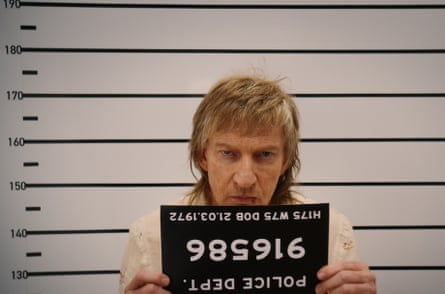
My choice is Spit, starring David Wenham. It’s a sendup of Australia’s criminal class, with more savage mockery of its immigrant detention system and a rather unappealing and entirely human protagonist. David Arthur, Maryborough, Queensland
The Ballad of Wallis Island
As widely reviewed, the film is a stark and humorous look at loneliness, but I would argue its perspective on nostalgia and letting go of the past is even more compelling. We all suffer from nostalgia-baiting and can all meander down memory lane at times, but this film can show the danger of living in the past. It is wickedly funny, with the conservatory scene a particular highlight. (I still chuckle when I think of: “Oh yes, unbearably hot.”) Eddie, London
Sinners
Sinners is a marvellous film reminiscent of the Coen brothers’ O Brother, Where Art Thou? The music alone is incredible. There is an amazing scene based around a blues song, where the genres that inspired the tune combine with the genres it continues to inspire. I loved the story and the relationship between the anti-hero and his wife. It encapsulates what community does, and is capable of, when it needs to come together. It felt real. This is something a lot of films miss the target on. A belter of a movie. Lee Keith, Sunderland
A Real Pain

Of the 35 films I have seen this year, it is Jesse Eisenberg’s A Real Pain that stands out for me. Rightly known and celebrated for Kieran Culkin’s turn as Benji, cousin to David (Eisenberg), this movie offers so much more. A sensitive, delicately formed homage to Eisenberg’s family history, it explores their complex relationship, the essence of trauma tourism and the history and beauty of Poland. It also has a haunting score of Chopin’s intricate piano pieces. David Reid, Mirfield, West Yorkshire

 2 months ago
76
2 months ago
76

